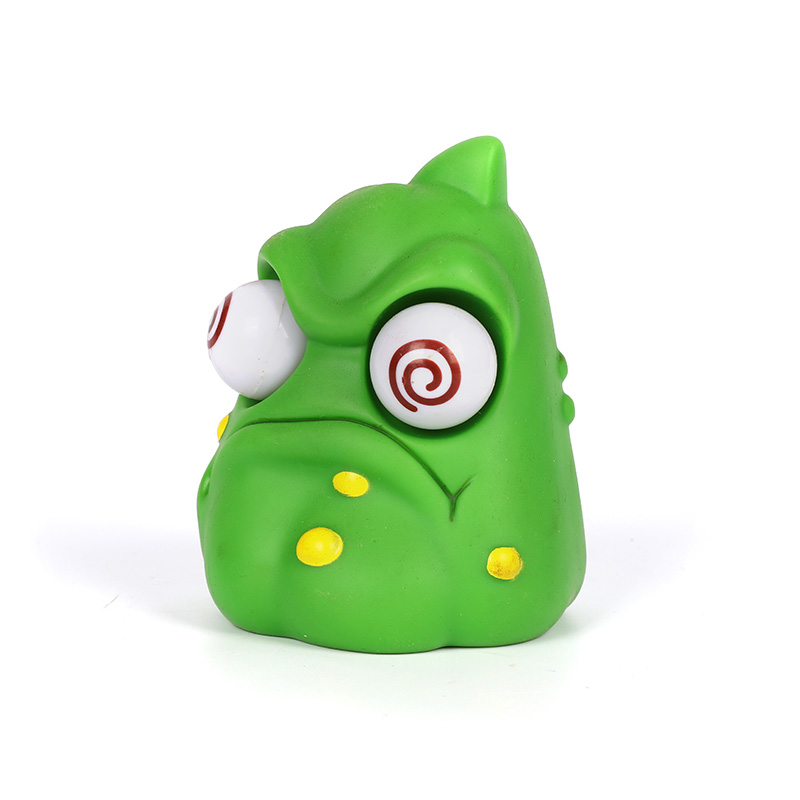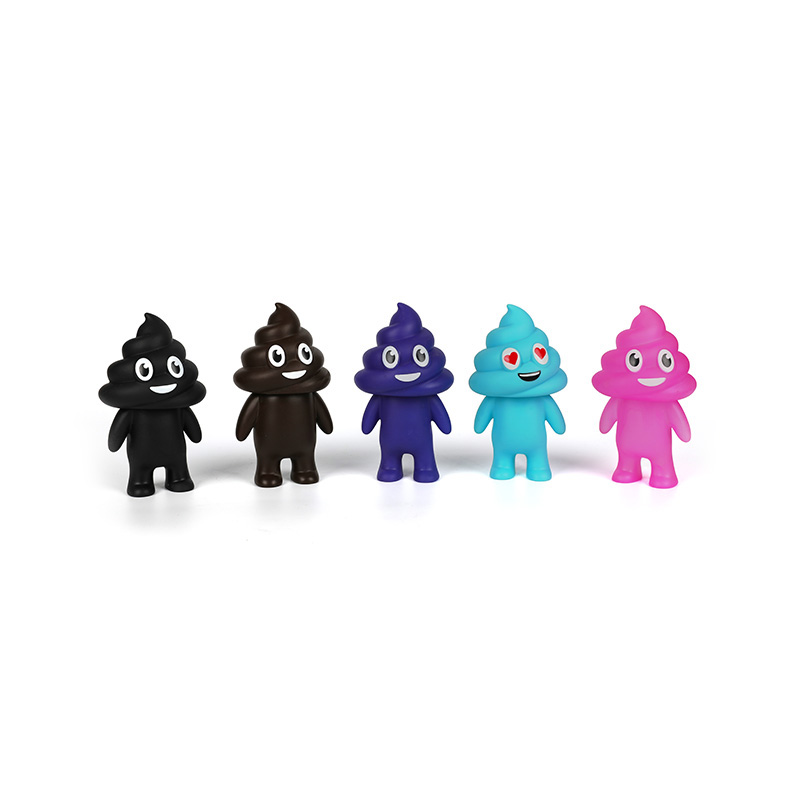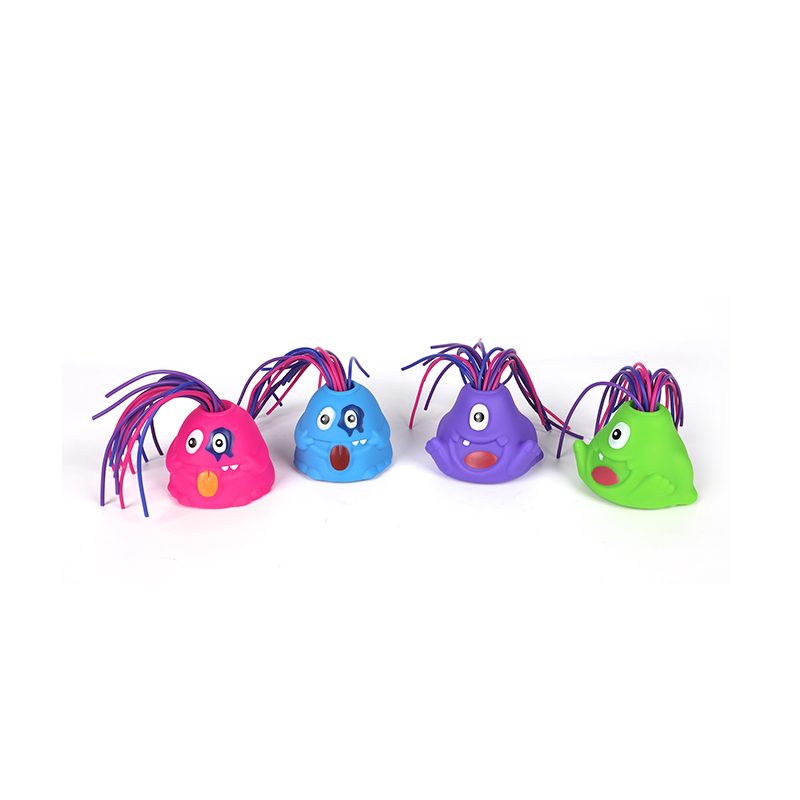- Type:
- Industry News
- Date
- 2024-Aug-16
The Social Attributes Of Toys: Exploring Dance Finger Puppets And Social Toys
Toys have long been more than mere objects of entertainment; they often serve as tools for social interaction and learning. Among the many types of toys, dance finger puppets and social toys stand out for their particular ability to foster social development and enhance interpersonal skills. This article delves into the social attributes of these toys, examining how they contribute to children's social and emotional growth.
Dance Finger Puppets: Encouraging Interaction and Creativity
Dance finger puppets are small, often colorful figures designed to be worn on a child's fingers. These toys are not just delightful playthings but are instrumental in encouraging social interaction and creative expression. The essence of dance finger puppets lies in their ability to transform routine play into dynamic social experiences.
When children engage with dance finger puppets, they often create imaginative scenarios and perform stories or dances. This type of play requires collaboration, whether it is between children or between a child and an adult. As they invent and act out various characters and narratives, children practice essential social skills such as communication, empathy, and cooperation. This interaction helps them understand and navigate social dynamics in a playful context.
Furthermore, dance finger puppets encourage children to express their emotions and ideas creatively. By assigning different roles and personalities to the puppets, children explore a range of emotions and perspectives. This process not only enhances their creative thinking but also helps them develop a deeper understanding of social cues and interpersonal relationships.
Social Toys: Facilitating Connection and Empathy
Social toys are specifically designed to promote social engagement and collaboration among children. Unlike solitary playthings, these toys are intended to be used in group settings, fostering interaction and teamwork. Examples of social toys include cooperative games, group-building activities, and interactive learning tools.
One key aspect of social toys is their ability to teach important social skills through structured play. For instance, many social toys involve cooperative tasks that require children to work together towards a common goal. These activities encourage sharing, turn-taking, and negotiation, which are crucial skills for successful social interactions. By participating in these activities, children learn how to collaborate, resolve conflicts, and build positive relationships with their peers.
Moreover, social toys often include elements that promote empathy and understanding. Toys that simulate real-life scenarios, such as role-playing games or community-building activities, allow children to experience different perspectives and develop a sense of empathy. This exposure helps them recognize and respect the feelings and viewpoints of others, fostering a more inclusive and supportive social environment.
The Role of Adults in Enhancing Social Play
While dance finger puppets and social toys provide valuable opportunities for social development, the role of adults is crucial in increasing their benefits. Adults, such as parents, teachers, and caregivers, can facilitate social play by engaging with children in meaningful ways. For example, when adults participate in puppet shows or group activities, they model positive social behaviors and provide guidance on effective communication and collaboration.
Additionally, adults can use these toys to create opportunities for discussions about social norms and emotional expression. By talking with children about their experiences and feelings during play, adults can help them make connections between their play activities and real-life social situations. This dialogue reinforces the lessons learned through play and supports children's social and emotional growth.
Dance finger puppets and social toys are more than just sources of entertainment; they play a significant role in developing children's social skills and emotional intelligence. Through imaginative play with dance finger puppets and collaborative activities with social toys, children learn to interact, communicate, and empathize with others. The involvement of adults further enhances these experiences, ensuring that the social attributes of these toys are fully realized. As we continue to understand the impact of play on social development, it becomes clear that toys are powerful tools in shaping our interactions and relationships.


 English
English
 English
English русский
русский Español
Español











